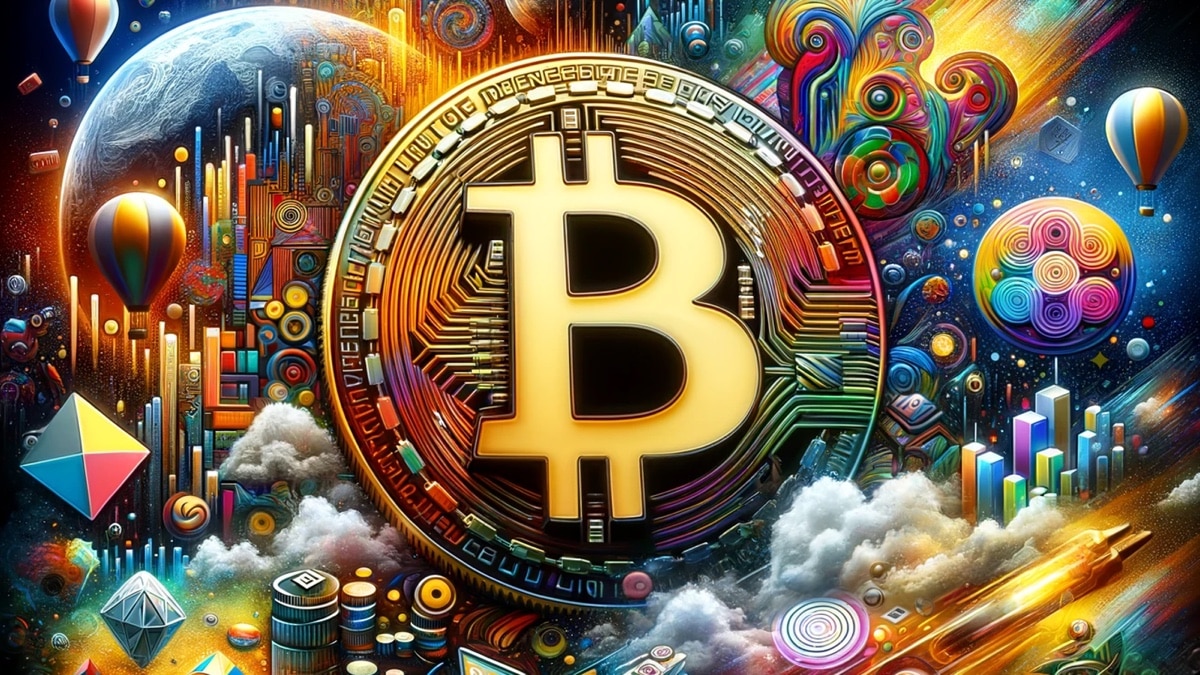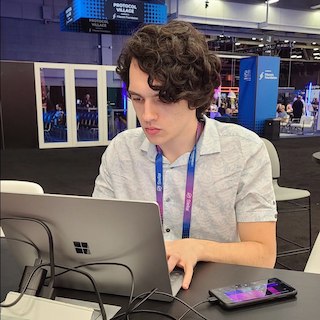The Bitcoin Dilemma: Ordinals Upgrade May Lead to Centralized Fork

The creator of Bitcoin’s fast-rising BRC-20 token standard is worried that one of its top marketplaces is attempting a sly takeover of the entire protocol.
On Monday, UniSat confirmed that it would implement the Ordinals Jubilee upgrade “to confirm that brc-20 is still on Ordinals without splitting into an isolated protocol.” However, BRC-20 creator Domo believes the company is effectively splitting with the interests of the surrounding BRC-20 community.
“I believe rushing these updates in BRC20 is reckless, disregards their peer indexers, and could potentially harm the broader community of BRC20 users,” wrote Domo to X on Thursday.
Recognizing the serious implications and valuations involved, I believe rushing these updates in BRC20 is reckless, disregards their peer indexers, and could potentially harm the broader community of BRC20 users. The 0.8/0.9 incident highlighted the complexities of integrating… https://t.co/RccP7bYdVY
— domo (@domodata) January 2, 2024
The Ordinals Jubilee update seeks to remedy the problem of “cursed Ordinals” – Bitcoin inscriptions that are unrecognized by the the ord indexer, and thus don’t appear in current Ordinals wallets and marketplaces.
While keen on protocol enhancements, Domo said it would be unsafe to implement the update without proper testing, coordination, and infrastructure, citing issues with prior upgrades.
He also found the timing of the upgrade sketchy, declaring UniSat’s action is not simply “technically” driven, but “part of a considered, ongoing strategy to gain control of the protocol.”
Instead, Domo encouraged followers to follow the Layer 1 Foundation – a non-profit maintaining an indexer that prioritizes a “safety-first”approach to protocol maintenance.
In comments shared with Decrypt, Layer 1 agreed that UniSat was “misleading” its followers by claiming that it was trying not to cause a protocol “split.” The organization added:
“For safety reasons, Domo had previously announced the community’s intention not to upgrade to the new version of Ordinals until there was sufficient testing and coordination; however, UniSat is suddenly moving forward with a different approach.”
Bitcoin ‘Fork’ VS ‘Split’
UniSat is a browser extension that lets users send, receive, and inscribe files into Bitcoin as NFTs or tokens, as well as shop for trending NFT collections. Its website claims an advantage over the official Ordinals wallet for not requiring users to run their own full Bitcoin nodes.
they would rather fork brc20 than see us run our own indexer
— Ordinals Wallet (@ordinalswallet) January 2, 2024
As UniSat clarified, a divergence between the Ordinals and BRC-20 community and ecosystems would constitute a protocol “split” rather than a “fork”.
The latter is similar to when Bitcoin Cash independently forked into a distinct blockchain from Bitcoin. The former would keep two different standards on the same chain, thus opening a “Pandora’s box of numerous cross-affecting cases” that are “much more hard to deal with than a fork.”
BRC-20 tokens were primarily responsible for driving up Bitcoin’s fees to over $20 per transaction in the past two months. Fees have since cooled to under $3 apiece, according to mempool.space.









